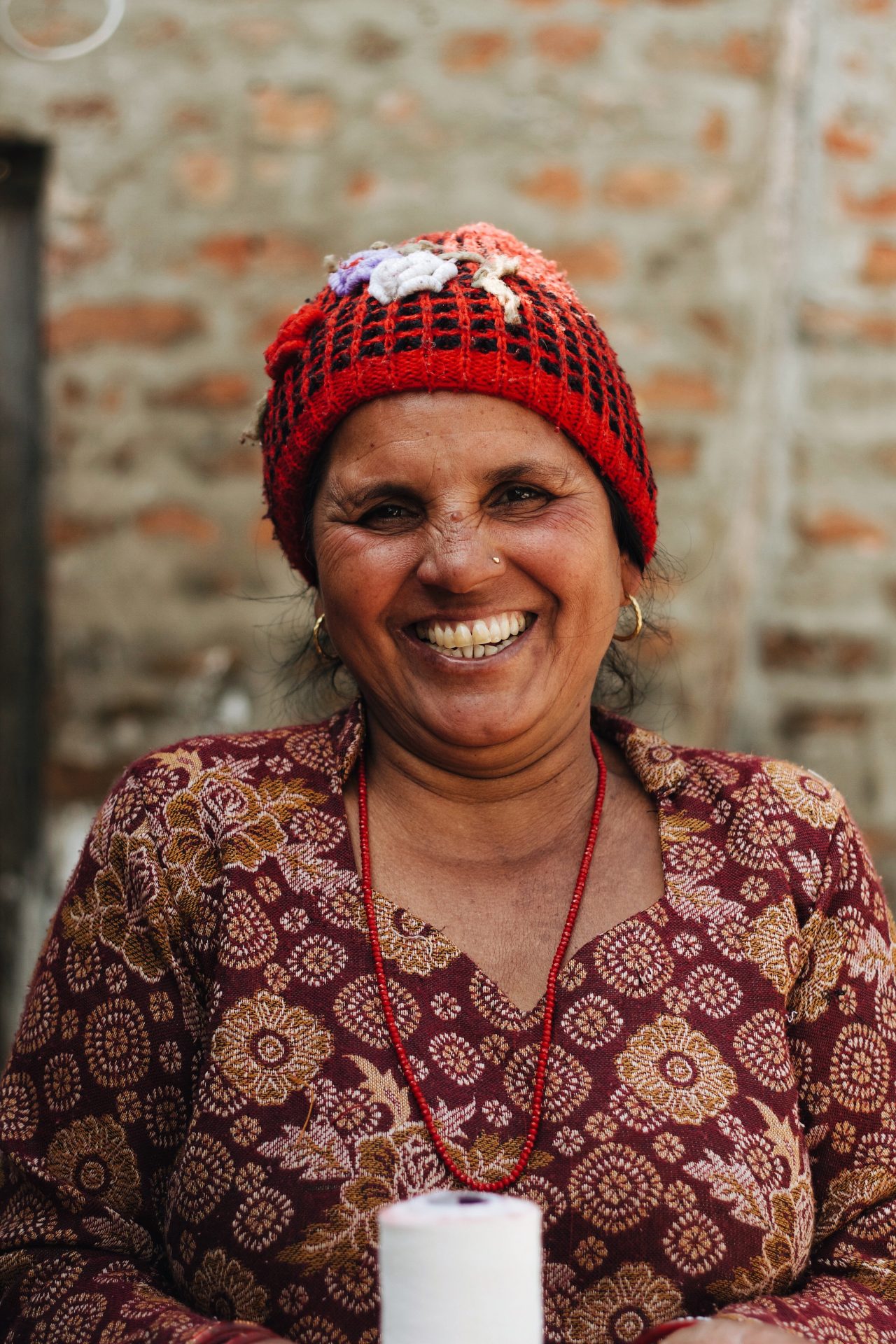- Explores the principles and practices of feminist funding in search of lessons for more inclusive, realistic, and effective funding
- Looks at why successful programs and established organisations continue to face a shortage of funding, challenging conventional ideas of success and evidence in the process
- Challenges the biomedical paradigm with its preference for quantitative indicators and imposed theories, digging deeper into our colonial and colonised past to better understand today’s narrow conceptions of knowledge and evidence
Early conversations for a project involving collaboration with youth-led feminist organisations in sub-Saharan Africa have provided crucial insights with regards to the realities of grassroots initiatives as overlooked and underfunded.
Across a rich diversity of local, regional, and national organisations, a reoccurring theme emerged: the struggle for strategic and sustained financial support.
We explore why successful programs and established organisations continue to face a shortage of funding, challenging conventional ideas of success and evidence in the process. We will challenge the biomedical paradigm with its preference for quantitative indicators and imposed theories, digging deeper into our colonial and colonised past to better understand today’s narrow conceptions of knowledge and evidence.
The webinar explores the principles and practices of feminist funding in search of lessons for more inclusive, realistic, and effective funding.
The Lancet Commission on Gender and Global Health presents Radically sensible: Feminist funding in global health, in partnership with the UNU Gender & Health Hub.
This episode of In Conversation With… Commissioner Jessica Horne and Latanya Mapp-Frett (CEO, Global Fund for Women) brings a feminist funding perspective that not only shows us how the flawed mechanisms of global health funding can be changed, but why they must be changed to support the next generation of leaders in gender and health.






